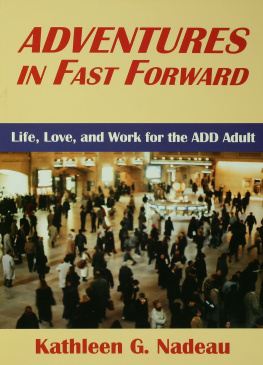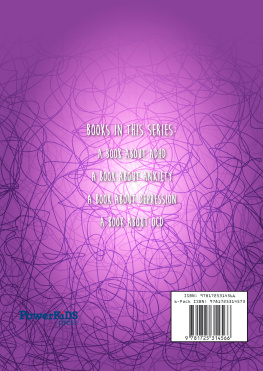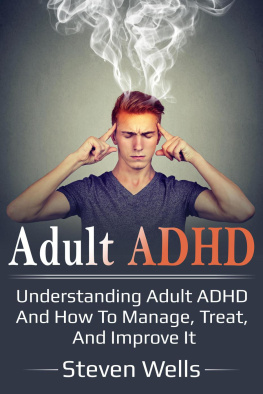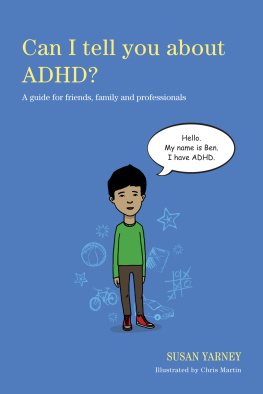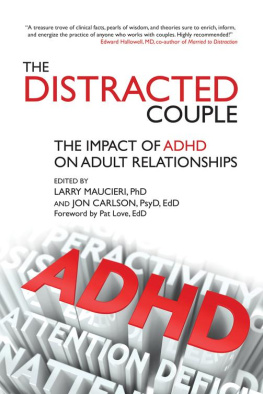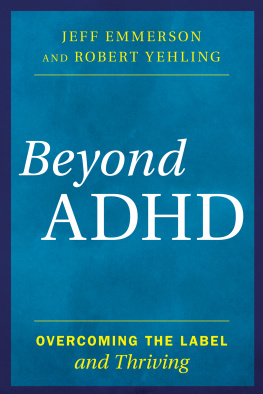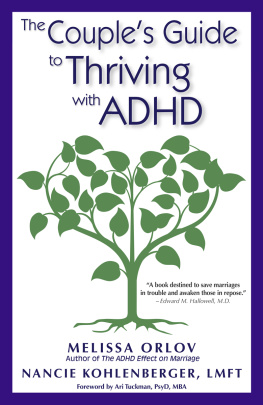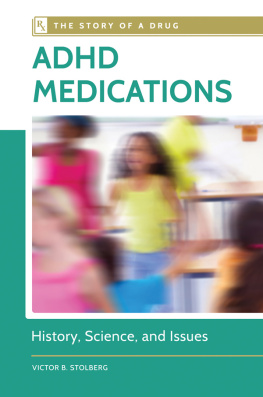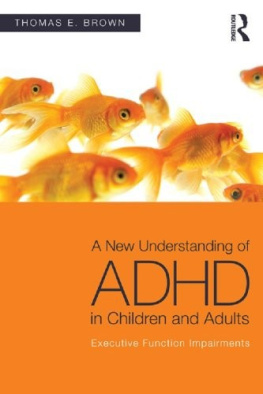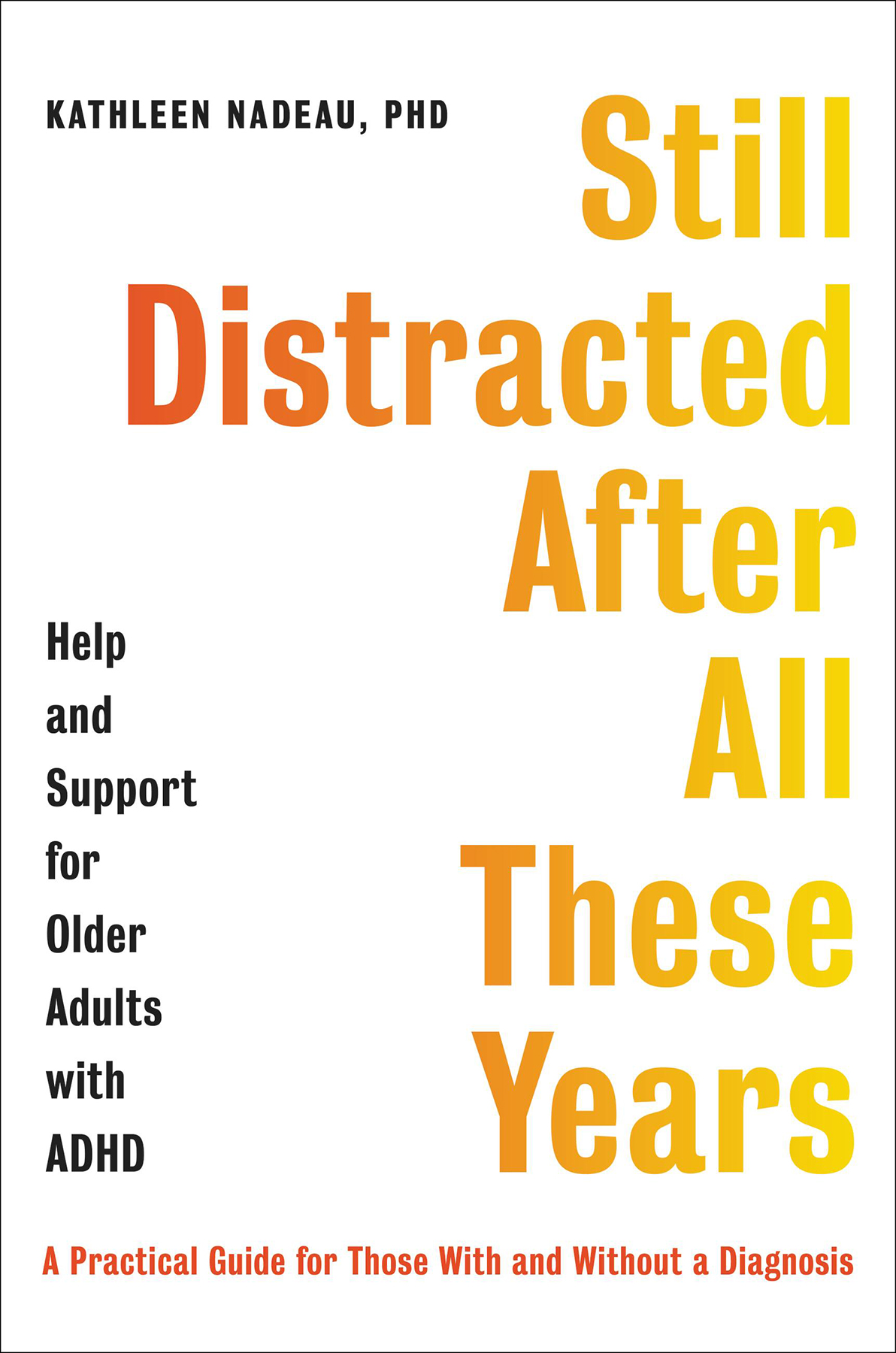
Note: The information in this book is true and complete to the best of our knowledge. This book is intended only as an informative guide for those wishing to know more about health issues. In no way is this book intended to replace, countermand, or conflict with the advice given to you by your own physician. The ultimate decision concerning care should be made between you and your doctor. We strongly recommend you follow their advice. Information in this book is general and is offered with no guarantees on the part of the authors or Hachette Go. The authors and publisher disclaim all liability in connection with the use of this book. All names and identifying details of people profiled throughout have been changed to protect their privacy.
Copyright 2022 by Kathleen Nadeau
Cover design by Amanda Kain
Cover copyright 2022 by Hachette Book Group, Inc.
Hachette Book Group supports the right to free expression and the value of copyright. The purpose of copyright is to encourage writers and artists to produce the creative works that enrich our culture.
The scanning, uploading, and distribution of this book without permission is a theft of the authors intellectual property. If you would like permission to use material from the book (other than for review purposes), please contact permissions@hbgusa.com. Thank you for your support of the authors rights.
Hachette Go, an imprint of Hachette Books
Hachette Book Group
1290 Avenue of the Americas
New York, NY 10104
HachetteGo.com
Facebook.com/HachetteGo
Instagram.com/HachetteGo
First Edition: October 2022
Hachette Books is a division of Hachette Book Group, Inc.
The Hachette Go and Hachette Books name and logos are trademarks of Hachette Book Group, Inc.
The publisher is not responsible for websites (or their content) that are not owned by the publisher.
Library of Congress Cataloging-in-Publication Data has been applied for.
ISBNs: 9780306828911 (hardcover); 9780306828935 (ebook)
E3-20220803-JV-NF-ORI
I come to the field of attention deficit/hyperactivity disorder (ADHD) with excellent real-life credentials, thanks to my family. My older brother was brilliant but had no tolerance for homework or boredom. He dropped out of college, never to return, because he married early and had a family to support. My younger brother struggled even more because he had the double challenge of ADHD and dyslexia. Back then, we didnt know how to help students like him, and he hated school because it made him feel stupid. After graduating from high school, he entered the workforce and eventually owned his own small business, but his undiagnosed ADHD continued to haunt him. He was great at sales but terrible at managing the details, and finally went out of business. Ive often thought that if my brothers had received the help available to students today, both of them might have had much easier, more successful lives.
I was one of the lucky ones in my family. I enjoyed school, and academic achievement was central to my identity. Yes, there were signs of ADHDI sometimes zoned out in class and had trouble starting assignments without the pressure of a perilously close due datebut when I earned my first B in seventh grade and my first C in eighth grade, I buckled down and tried harder. I knew some tasks seemed more difficult for me than for my peers, but didnt know enough to recognize symptoms of the disorder until I went to graduate school, where I first learned about ADHD and related disorders.
The concept of learning disorders was relatively new during my grad school years. And as for ADHD, we still believed it was a childhood disorder that affected only boys who outgrew it at puberty! Girls and women my age were simply never evaluated.
But even though I recognized my brothers struggles in the literature about ADHD, my later career focus on ADHD had nothing to do with my family and everything to do with the passage of Public Law 94.142, the Education for All Handicapped Children Act, in 1975. Parents of hyperactive children who were struggling in school suddenly had a good reason to seek a diagnosis. Before the passage of this act, the only purpose of diagnosis was to seek a prescription for Ritalin, and many parents had huge misgivings about medicating their children with speed. But 94.142 required schools to provide a free and appropriate education for all children with a handicap (as we called it back then). Although I had started my career with a general psychotherapy practice, suddenly, in the mid-70s, my phone was ringing off the hook with calls from pediatricians asking whether I knew how to diagnose what was then called attention deficit disorder (ADD). Parents were now eager for a diagnosis that might help their children get the support and accommodations to help them in school.
Testing and treating children with ADHD soon became a significant portion of my private practice. Most requests for evaluation and therapy came from mothers of hyperactive young boys. In those days, the primary symptom we looked for was hyperactivity. Most of the kids presented with behavior problems, such as being disruptive in class or not listening to parents or teachers. These kids were struggling in school and were challenging to manage at home. Nearly all of them were boys. We coached parents on behavior management techniques, pinpointed the correct dosage of Ritalin, and offered wholly misguided but well-intentioned assurances that the condition would lessen, if not disappear, after puberty.
It soon became apparent that this disorder was more complicated than it initially appeared. A surprising number of the children I tested for gifted and talented programs showed patterns similar to children with ADHD (distractibility, forgetfulness, and disorganization) even though they were doing well in school. Because they didnt fit the expected hyperactive and impulsive symptoms of ADHDthey were daydreaming, forgetful, and disorganized rather than bouncing out of their seat or disrupting the classno one had asked whether their inattention might be a neurological difference rather than a personal shortcoming. But was it all connected?
I started to see another contradiction to the hyperactive, academically disinclined young boy image of ADD. Parent after parent of children I tested reported that they had exhibited similar behaviors as children, mothers, and fathers. And though they were well past puberty, they hadnt outgrown those challenges. These same parents continued to have difficulty arriving on time for appointments or following through on the detailed behavior charts and reward systems that we were all trained to recommend to parents in those days. Could this be the same disorder, just filtered through an adult brain?
These and other questions would end up driving the focus of my writing and clinical practice over the next four decades. My career has focused on identifying those groups within the larger ADHD population who have been underidentified and underserved. First, I developed new assessment tools and treatment protocols for adults when most doctors still thought ADHD was a childhood disorder. Later, I studied how ADHD manifested itself in girls and women. Mental health professionals all too often told them that their struggles were due to anxiety, depression, or personal failure rather than a treatable neurological difference.
Others of my patients didnt conform to the ADHD stereotype because they were professionally successful. ADHD is classified as a disability. To have a disability, as defined in the US, one must have a physical or mental impairment that substantially limits one or more major life activities. This description fit the kids who were performing significantly below grade level in school, but what about students with exceptional intelligence who could compensate? What about adults who had earned law or medical degrees but struggled with executive functioning deficits related to paperwork, note-taking, report writing, and general organization?


